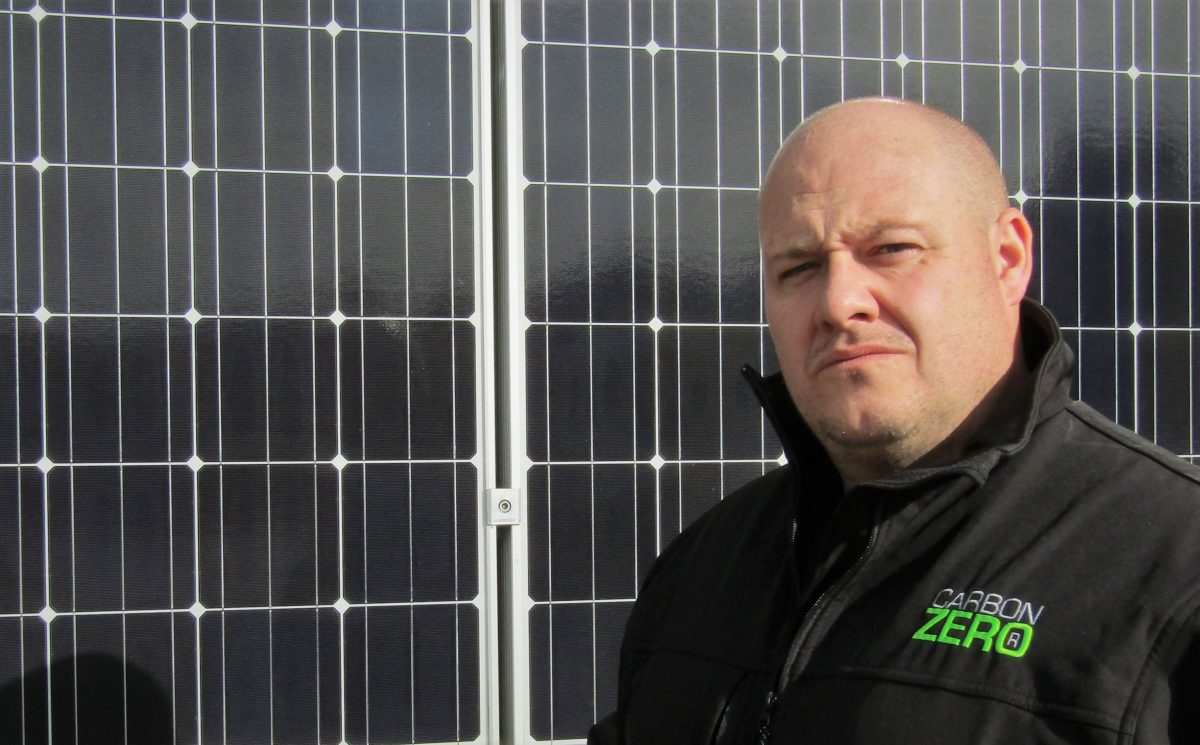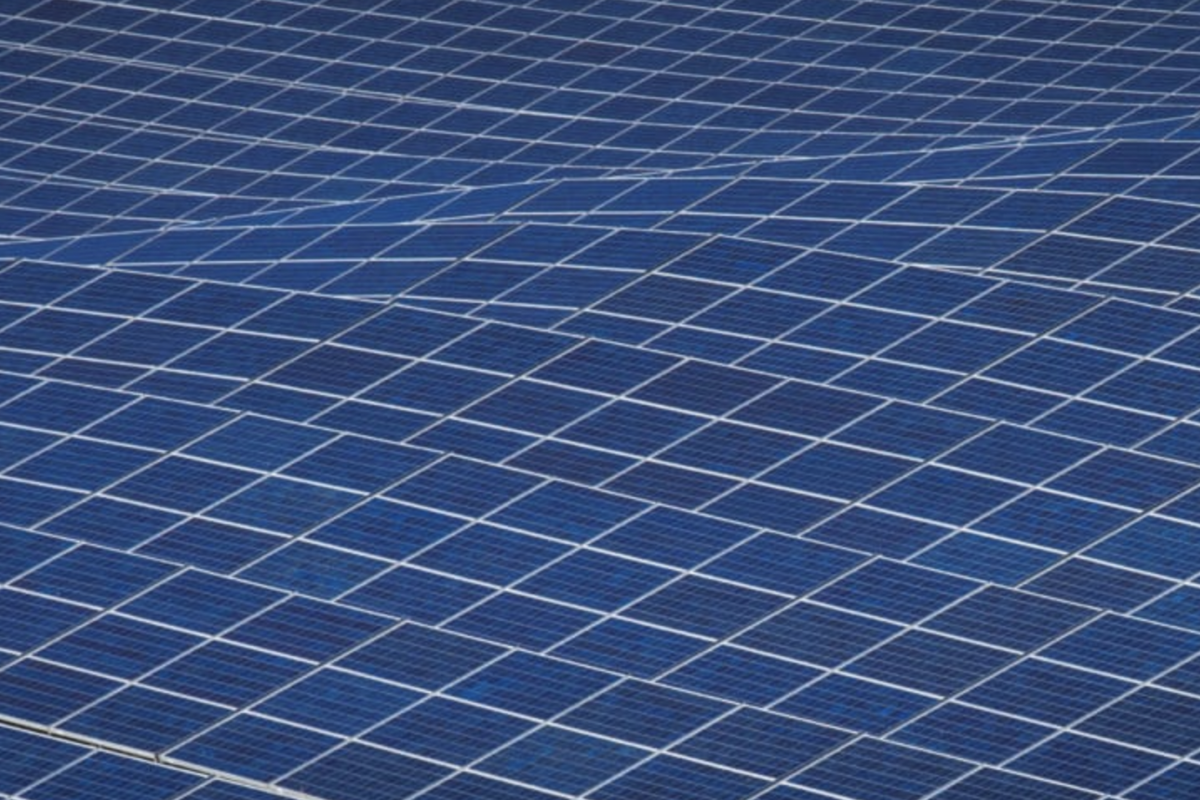With U.K. trade body the Renewable Energy Association having recently called on the government to end value added tax on renewables products, a Welsh solar installer has criticized a policy focus on electric vehicles (EVs) and heat pumps and said solar should be the immediate priority for the energy transition.
Gareth Jones, MD of solar business Carbon Zero Renewables, claimed he has experienced a 1,000% rise in demand for PV panels in recent weeks, as gas and electricity prices have soared in the U.K., forcing many smaller energy companies to go bust.
Jones, whose business is part of North Wales-based hot tub company UK Leisure Living Group, said the U.K. government was wrong to prioritize measures such as EVs and heat pumps because there is not enough electricity generation capacity to support a surge in demand for power.
pv magazine print edition
Policymakers, said Jones, should instead support solar installation so consumers can generate the power they need at source.
In a press release issued by his business on Tuesday, Jones said: “I applaud the government for encouraging people to move towards low carbon methods and electric cars but we simply do not have the network infrastructure to meet demand. People are getting in touch with us every day; we’ve seen an unbelievable spike in orders as they want to get away from traditional energy and move to renewables, despite no government incentives … They [ministers] should be helping people who are looking at long-term future-proofing of their homes, [they should] use different strategies hand in hand, and do so sustainably, to avoid mistakes being repeated. I think the government has its priorities wrong.
“It’s all well and good transitioning to electric cars and air source heat pumps but we don’t have the electric capacity now, never mind in five to 10 years. The government needs to support solar and get homes and business generating and consuming power at the source.”
Despite wide reports about supply chain disruption dogging the solar industry, Jones, whose UK Leisure Living business is based in Mochdre, Colwyn Bay, said: “We are in a strong position and have plenty of stock in store, so there are no supply chain issues, unlike many sectors struggling to obtain materials.”
The Carbon Zero press release stated “a large domestic solar PV system could save consumers upwards of £800 (€948) a year,” and Jones added: “Businesses can see a four-year return on investment right now by going solar powered.”
This content is protected by copyright and may not be reused. If you want to cooperate with us and would like to reuse some of our content, please contact: editors@pv-magazine.com.




Cars will be charged mostly at night when currently there is a 20gw reduction in consumption. The charging will also be spread over several hours with most cars only requiring an hour or so of charging. Peak energy usage has dropped 15gw in recent decades which means there is extra infrastructure available and further efficiency gains not only in cars but other appliances will give more available capacity. In addition Mr Jones has already experienced a larger increase in solar sales suggesting this will remove more load without requiring any additional government grants.
You don’t need incentives if interest has sky rocketed. Issue with heat pumps is we need to increase take-up also to help get a proper supply chain going.